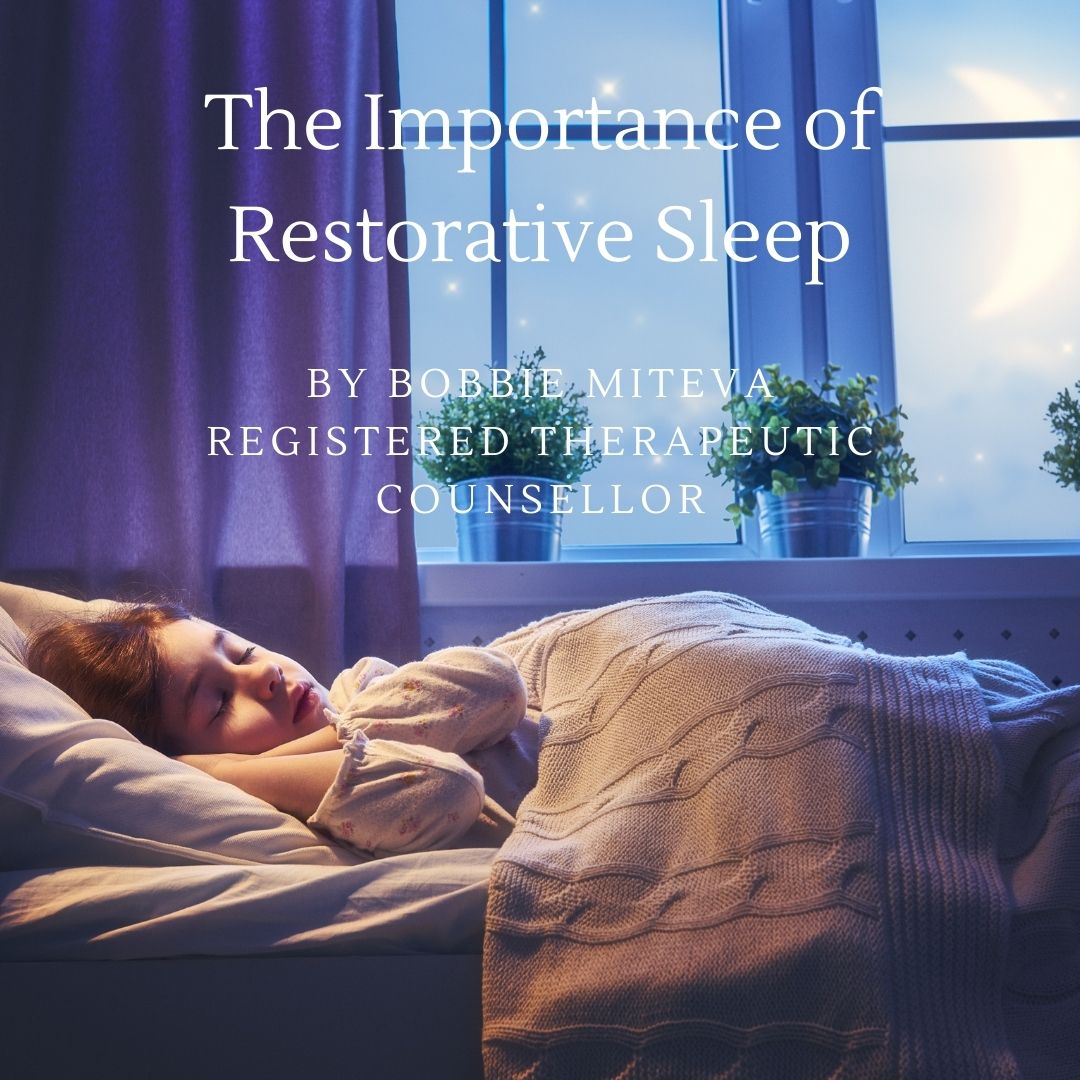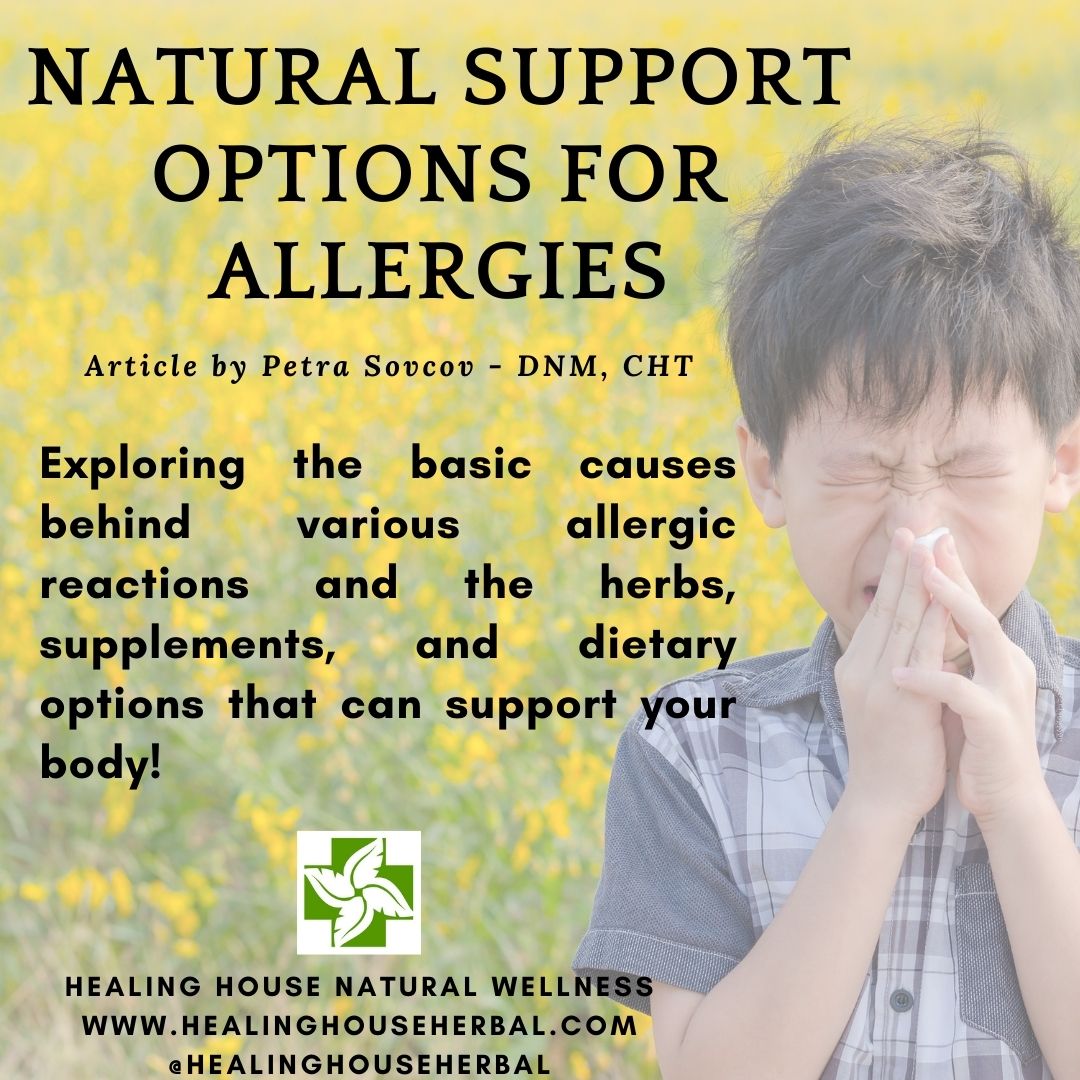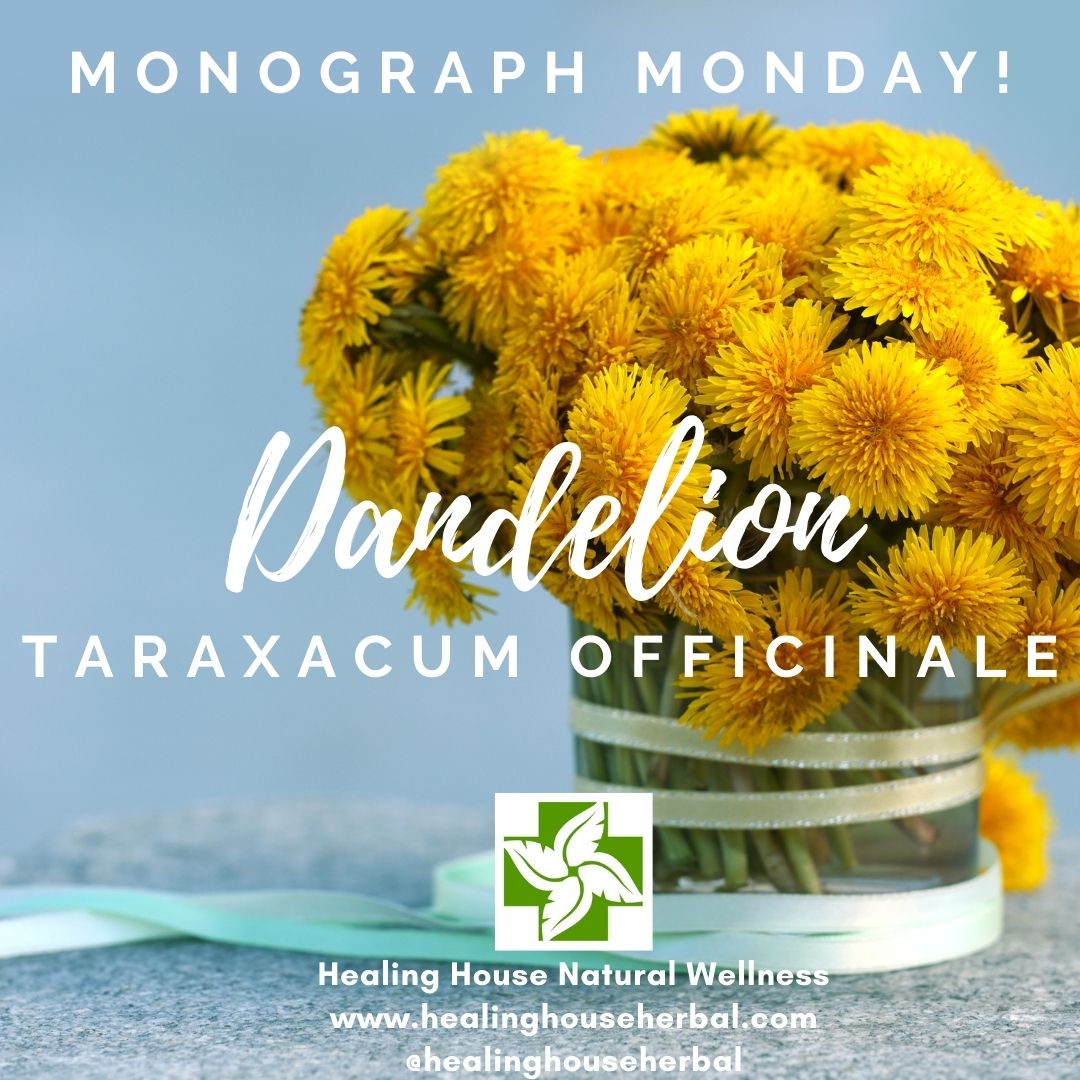|
If you could make one small change today, what would it be?
Sleep. Go to bed earlier and sleep longer – this is what research proposes. Sleep is one of the few universal behaviors among mammals and birds, which suggests that it performs an important function. Although it feels necessary to recover from moving and exercising our bodies, studies show that sleep deprivation does not damage the body. On the other hand, it appears that sleep is essential for normal brain functioning, and mental exercise increases the demand for deep sleep. The stages of sleep tend to follow an orderly sequence:
Sleep deprivation studies show numerous negative consequences not only to performance (fatigue, poor decision-making abilities, lack of energy) and memory (difficulty concentrating, forgetfulness, trouble remembering), but also to overall health – physical (weight gain, high blood pressure, compromised immune system) and mental (irritability, mood swings, symptoms of anxiety and depression). Sleep has such a broad and significant influence because during the restoration stages there is a release of a number of hormones, regulating various systems in our bodies, such as ghrelin and leptin (regulating hunger/body weight), cortisol (involved in metabolism, stress and immune response), growth hormone (essential for tissue repair), oxytocin (aka “love hormone” involved in social behavior). Additionally, both serotonin and dopamine – two essential neurotransmitters for our mental health and digestion (along the Gut-Brain Axis which I wrote about here – link to previous article?) – are also involved in the sleep cycle. Last but not least, during sleep the sympathetic nervous system, which is responsible for the flight-or-flight response gets a rest, and so do we – from various stressors or anxious thoughts we might have on our minds. Warmly, Bobbie Miteva, MA, RTC If you, or someone you know is suffering from sleep issues due to stress, anxiety, depression, or situational difficulties, please reach out to Bobbie for an appointment by clicking here
1 Comment
Spring is a time for renewal, as the snows give way to muddy patches of grass and the emergence of flowers such as crocus and snow drops, it is a time for hope and happiness as the restorative change of the seasons come upon us. There is a resilience of nature that can be seen and not ignored as everything begins to bloom and change, the flowers are opening, the trees are giving life to new leaves, and the birds are eagerly singing in the early morning.
In many places in the world this is also a time when the emergence of pollen from those beautiful blooming things give rise to seasonal allergies. I know that during this time of year I can look outside and see a soft green/gold sheen of tree pollen covering the cars. This is also the time of season when stuffy nosed clients are calling to ask if there is anything they can do naturally to relieve their discomfort. As with so many things, nature seems to have a plant (or many) for every malady. I think it is so important to know not only what herbs are available to us, but also to know what an allergy is, how the body responds to it systemically, and what we can do to better assist ourselves. In this article, I have discussed allergies beyond seasonal discomfort and have instead tried to give a broader understanding to this very large topic. Before we begin: I am not a Medical Doctor (MD), nor are any of the suggestions or recommendations I am about to make meant to be a substitute for advice from your MD, or as a substitute for any prescriptions you may be taking. Any suggestions followed will be the responsibility of the reader, and are stated with the intention of interest and education. If you have a health issue, please see an appropriate practitioner. A Brief Summary on Allergies: In medical texts, an allergy is described as an immune response to a foreign antigen that results in inflammation and/or organ dysfunction. Allergies can range from life threatening to annoying and include systemic anaphylaxis (life threatening), laryngeal edema (swelling of the throat), transfusion reactions, bronchospasm (cough or swelling/spasms of the respiratory tract), vasculitis (swelling of the blood vessels when the body’s immune system attacks the blood vessels by mistake), angioedema (swelling of the lower layer of skin and tissue just under the skin – often occurs in the face, tongue, larynx, abdomen, or arms and legs), urticaria (hives), eczematous dermatitis (type of eczema), hay fever (generally an itchy/runny nose), rhinitis (stuffed nose), and conjunctivitis (itchy/watery eyes, can also be an infection). Allergies can be trigged by many things and include inhalation (pollen, dust mites etc.), direct contact (think of poison ivy), ingestion (eating or drinking), or injection (bee sting, drugs). Most commonly, allergic responses may be caused and sustained by occupational exposures to allergens, and by foods, animals, fungal spores, metals, rubber products, and other allergy causing agents. The most severe types of allergic reactions are often associated with bee stings, penicillin products, radiological contrast media (the contrast ingested or injected for radiological imaging) and latex. Since everyone is different it is always wise to find out what your allergy triggers are, this can be done with help from your Medical Doctor and Allergist. Causes: The general cause of allergies is not entirely known, however the incidence of allergic diseases is increasing. This trend, though not fully understood is partially explained by one widely held theory called the “Hygiene hypothesis”. This theory proposes that infections in early life are critically important in maturation of the immune response and bias the immune system against the development of allergies. It is suggested that the high prevalence of allergic disease is the penalty for the decreased exposure to infection that has resulted from improvements in sanitation and health care. In my own opinion, I feel that the common western lifestyle is another contributor to allergies. Generally, it is very common to have a diet rich in processed foods that have been exposed to chemicals from mechanical processing and other chemicals such as the presence of xeno-estrogens caused by the storage of foods in plastic. I feel that the majority of these chemicals build up in the liver (our body’s main detoxification organ) and cause liver sluggishness and the buildup of toxins which contribute to an over-active immune system. Normally, the immune system does not make detectable responses to the many environmental substances to which it is exposed to daily. Many of us do not have to concern ourselves when we come into contact with a dog or cat, or if we are stung by a bee. However, in an allergic reaction, initial exposure to an otherwise harmless substance triggers a rapid immune reaction. The immune system has two main functions: first, to identify germs and parasites that may cause damage to the body; and second, to repel attacks by these organisms with appropriate defense mechanisms. Allergic reactions can occur when immune functions are turned on by any agent whether it is infection, pollen, pet dander, and so forth- that is rich with allergy causing antigens. Once the immune system has been sensitized, repeat exposures result in the binding of specific immunoglobulins (antibodies) or the activation of immunologically active cells (these can be mast cells, basophils, or killer T-cells). The unfortunate reaction to all of this is that these can release inflammatory chemicals such as histamines, kinins, leukotrienes, and interleukins that, acting locally or systemically, create various allergic symptoms. In addition, when we consider food allergies or other environmental sensitivities, if long term exposure to mild allergies continue, then the body’s inflammatory cycle may be triggered, and when the body is in a state of inflammation for an extended period of time, chronic inflammation may lead to systemic complications or disease. Common symptoms of an allergic reaction include:
Symptoms may vary depending on what you’re allergic to and how you come into contact with the allergen.
Natural Suggestions for Allergies: Since allergic reactions come from the immune system, there are a few crucial herbal actions that one needs in any formula for acute or chronic allergies. Some of these include adaptogens, immuno-modulators, immune tonics, histamine balancers, liver tonics, bitters, astringents, and anti-inflammatories are all crucial foundational actions in any herbal formulation for allergies. Before trying any herbal formula, keep in mind that herbs can also cause allergic reactions in some individuals. Be certain to introduce the herbs slowly and please see an appropriate practitioner before using herbal remedies. Do not self dose. Commonly Used Herbs:
Commonly Used Supplements:
I sincerely hope you’ve enjoyed reading this article, if you have any questions you can contact me directly or reach out to the office. In health and wellness, Petra While many unfortunate people on the east coast of North America are still digging out of the snow, in other parts we are starting to experience spring! There are few early spring herbs as well known as common Dandelion (Taraxacum officinale). Dandelion has a long history in herbal medicine, with written documentation in early medical texts dating back to the 10th and 11th century. The beautiful thing about Dandelion is that all parts of the plant can be used! The flower is an antioxidant, the leaf is a potassium rich diuretic, and the root has been used in cancer studies concerning the liver, and has been used as a bitter tonic to assist with liver, gallbladder, and pancreatic health. In this downloadable monograph, learn all about Dandelion, its various parts and uses, and some of the clinical and pharmacological research that has been conducted. I hope you enjoy this downloadable monograph! Petra - DNM, CHT |
Petra Sovcov is not a Medical Doctor (MD) nor a Naturopath (ND), she is a Clinical Herbal Therapist (CHT) and holds a Doctorate in Natural Medicine (DNM). The suggestions or recommendations made on this site are not meant to be a substitute for advice from your MD, or as a substitute for any prescriptions you may be taking. Suggestions followed will be the responsibility of the reader, and are stated with the intention of interest and education only. If you have a health issue, please see your primary care physician (MD) first and foremost. Categories
All
Archives
July 2024
|




 RSS Feed
RSS Feed